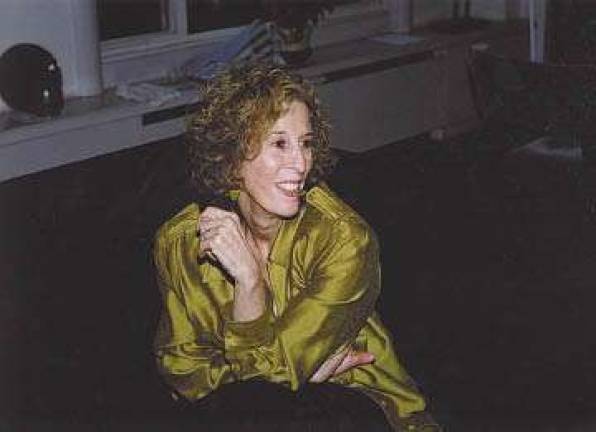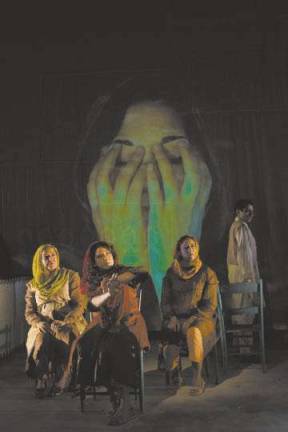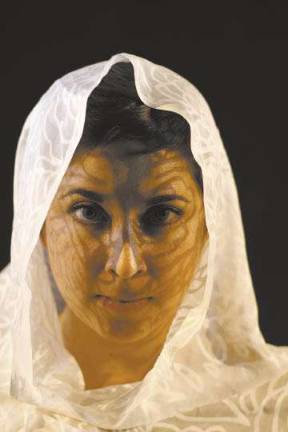Taking on Terrorists, Through Opera



Writing the libretto for the opera about the Pakistani girl who stood up for her rights
Susan Yankowitz is an award-winning playwright and novelist whose work encompasses a wide variety of genres and styles. This week, her opera about the life of Mukhtar Mai, a Pakistani girl who defied tribal leaders to take legal action against the men who raped her, is playing at the Protoype Festival. Here's why Mukhtar's story is so important to her-and why it will be to you, too.
You've been exploring many inter-disciplinary forms of theater and documentary that employ puppets, video and animation?.that's a quite a variety!
Well, it's always interesting to do something new.
This opera probably wouldn't have panned out as well using puppets?
I don't think so, not this one.
What is your connection to Mukhtar's story?
That goes way back. My mother always had a very strong feeling about the downtrodden, and I grew up with that ethic. She wanted to be an actress, but her mother, and then her husband, said absolutely not. So, she became vice president of our local chapter of the United Nations, and that became the place for her to speak out and be theatrical. She and a number of other local chapters sponsored a competition for high school kids to write about global affairs, and I accompanied the winners on a trip around the world. I remember Pakistan very clearly. Most of all, I remember seeing women giving birth outdoors under little ragged canopies with goats and pigs running around their beds. It was horrifying. These kinds of concerns stay with you and form a pattern; if you're lucky, you find a way for it all to come together. For me, that form of expression was theater.
Is that where your strong connection to Mukhtar's story originated?
I've always been interested in the subject of justice, and almost everything I have written has in one way or another touched on that. I've also had an interest in silence and communication. I wrote a novel about a deaf mute who was accused of a crime and couldn't speak up in her own defense, and Mukhtar's story is the story of someone who at first has no voice, then develops one, and becomes a spokesperson for many silenced women.
Have you ever been silenced, personally?
I would say I certainly feel that, as a woman, it's been very hard to just "be" in a profession. It's been quite a struggle to keep my head above water; one can sort of just duck under and pull a Virginia Wolfe when it gets too tough. You have to really be a fighter on the outside. On the inside, you still have the same feelings as everyone else.
Is this your first opera?
No, I've written three others, none of which have had a full production, all of which have had different levels of workshops.
Why an opera?
I actually didn't choose it. In 2005, a group of writers got together to write a theatrical piece called Seven, which was about seven remarkable women, each from a different country, who had overcome some really horrific situation and became spokespeople for human rights. The character that I wrote about was Mukhtar. It's been in production all over the world ever since. Beth Morrison, the producer, saw Seven and loved Mukhtar's story. She then approached us about doing an opera.
What are some of the challenges you've faced in turning it into an opera?
One challenge has been collaborating with the composer, because you have to write an extremely compressed form of something in between poetry and prose and dialogue. Another has been to figure out pacing. I also had to get distance from the form I originally wrote about Mukhtar; it took me three librettos to get to the point where we felt happy.
What should the audience expect to see? To feel?
I think they'll be very surprised at how intense it is. It will not feel like a typical opera. It will feel like a bit more like Sweeny Todd. It's a fine artistic endeavor and the performers are fabulous. It's going to be thrilling. Nobody whose come in to see it so far has been bored.
Thumbprint is being performed at the Baruch Performing Arts Center as part of the Prototype Festival, through January 18, www.prototypefestival.org/show
Photo Credit: William Meyers